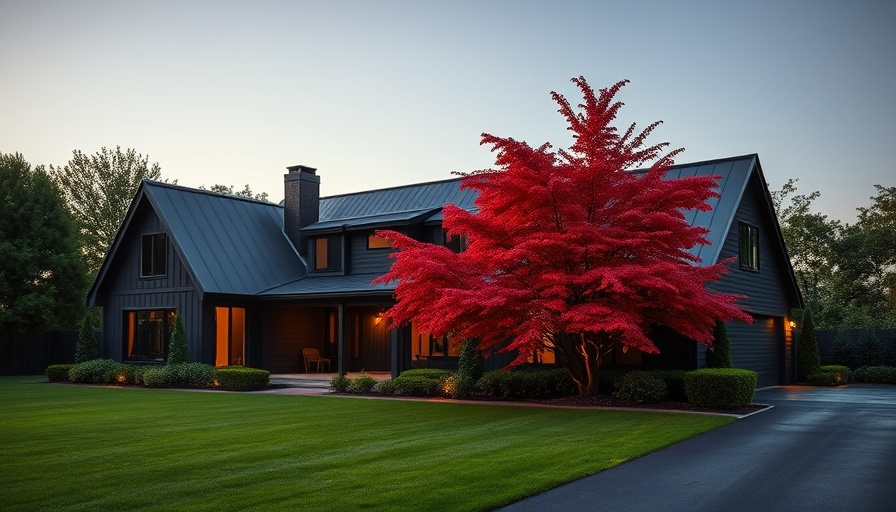
Turning Groves to Graves: A Community in Conflict
In Woodland Hills, a tranquil nursery known for its lush plants and trees, Boething Treeland Nursery, is set for a dramatic transformation into a cemetery. This change has stirred significant unrest among residents from the affluent neighboring communities of Woodland Hills, Hidden Hills, and Calabasas, who have begun pushing back against the development proposed by Dignity Memorial, the nation’s largest provider of funeral services.
Understanding the Community Concerns
Residents are not just opposed on aesthetic grounds; their objections stem from broader issues that could impact their community. For homeowners, living next to a cemetery raises several concerns—ranging from potential decreases in property values to the fear of increased traffic in what many consider a serene and secluded living environment. Moreover, some neighbors have expressed religious objections to having a burial site in proximity to their homes.
The Legal Landscape: Can Locals Fight Back?
Despite the existing zoning that allows for cemetery use, residents are keen to explore whether they can influence the project's approval process. The law firm Raskin Tepper Sloan Law has entered the fray, urging the city of Los Angeles to conduct a full evaluation of Dignity Memorial's plans under the California Environmental Quality Act (CEQA). This could require a more detailed scrutiny of potential environmental impacts, ensuring that the voices of the community are not disregarded in the bureaucratic rush to allow development.
Future Impacts: Redefining the Neighborhood
As construction begins, there will undoubtedly be a shift in how local residents interact with their environment. Advocates for the cemetery argue that the new space will offer a peaceful resting place and a beautiful garden-like aesthetic, which could potentially enhance the community's overall landscape rather than detract from it. However, local homeowners are left wondering whether this transformation might overshadow their expectations of privacy, serenity, and tranquility.
Listening to Our Community: A Call to Conversation
The spokesperson for Dignity Memorial emphasizes the importance of communication with residents, stating their commitment to ensuring a relationship built on transparency and mutual respect. However, many community members feel that conversations have not gone far enough. As plans move forward, the challenge will be balancing the rights of developers with the concerns of long-standing residents.
Next Steps for Local Homeowners
For California homeowners, the situation underscores the importance of staying informed about local developments and their implications. Though this case highlights potential challenges, it also illustrates how community voices can intersect with environmental planning regulations. Homeowners may consider getting involved in local government meetings, voicing concerns, and advocating for more rigorous review processes when changes in land use occur in their neighborhoods.
Conclusion: The Future of Woodland Hills
This ongoing conflict reveals larger questions about community identity, land use, and the importance of preserving the nature of residential neighborhoods. As the community navigates this change, the outcome will set a precedent not just for Woodland Hills, but for suburban developments throughout California. Are these transformations a reflection of progress, or do they represent a loss of the unique character that defines these affluent neighborhoods? Stay engaged, stay informed.
As the city reviews plans submitted by Dignity Memorial, residents are encouraged to voice their concerns and participate actively in discussions surrounding the project. Now, more than ever, is the time for neighbors to unite and ensure their perspectives are heard.
 Add Row
Add Row  Add
Add 




Write A Comment